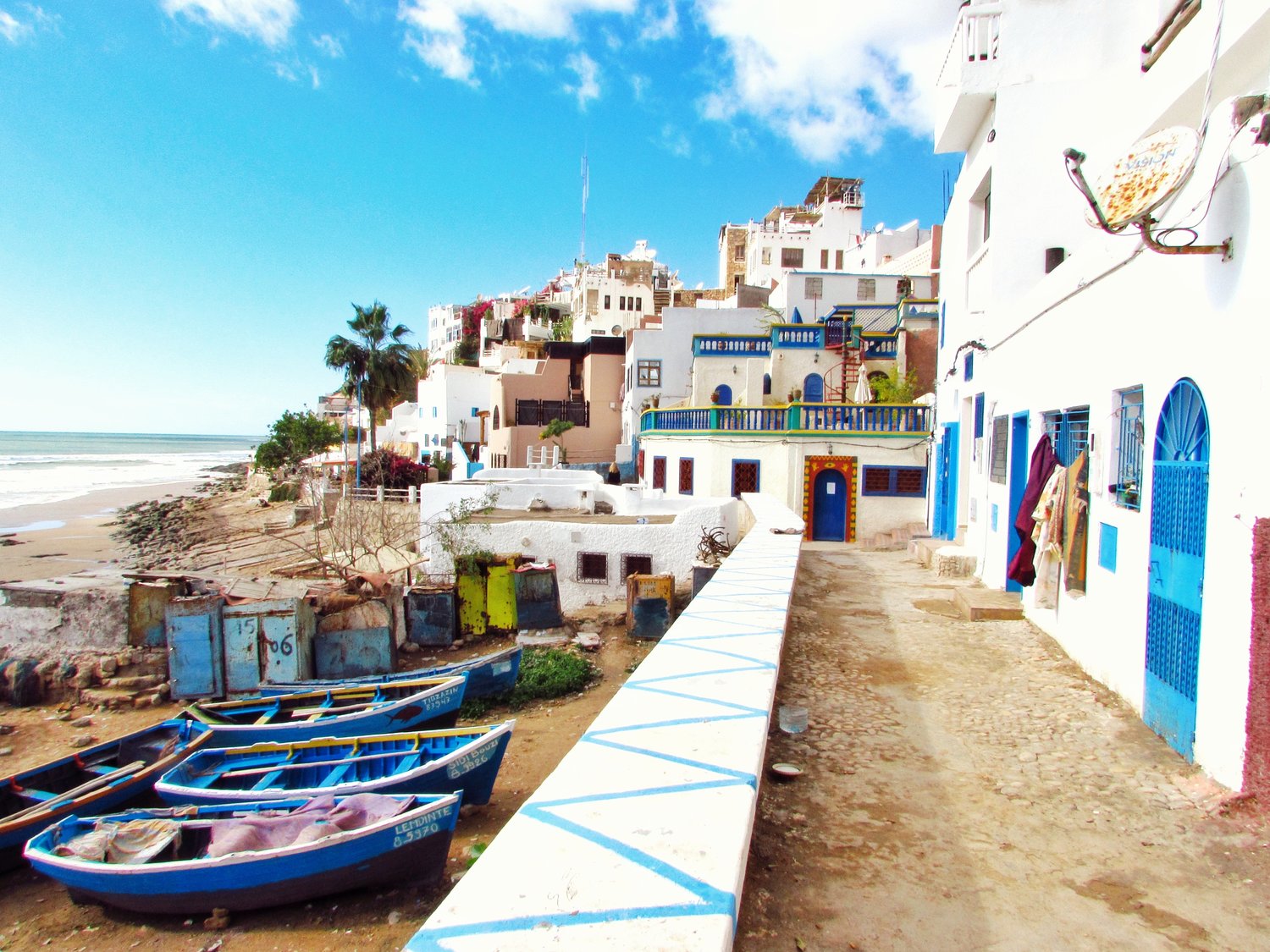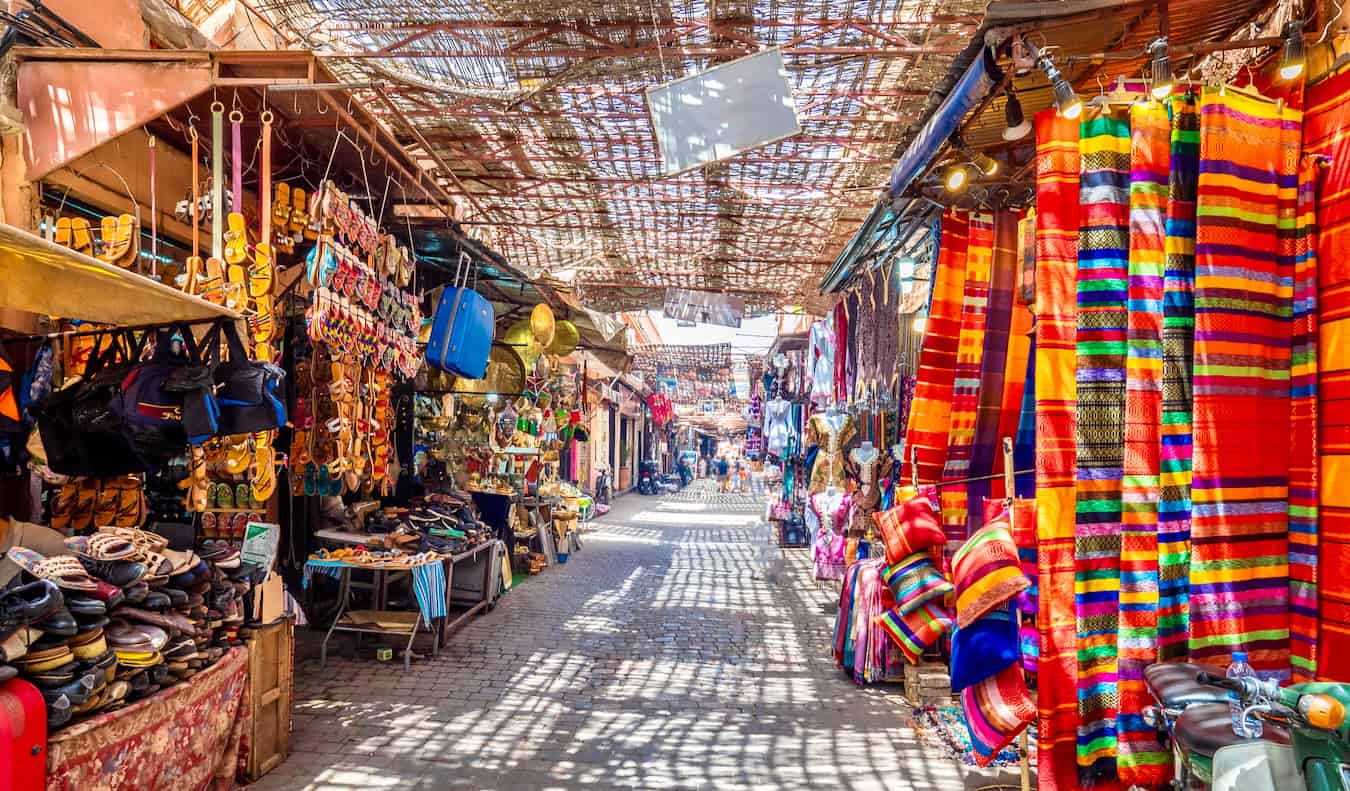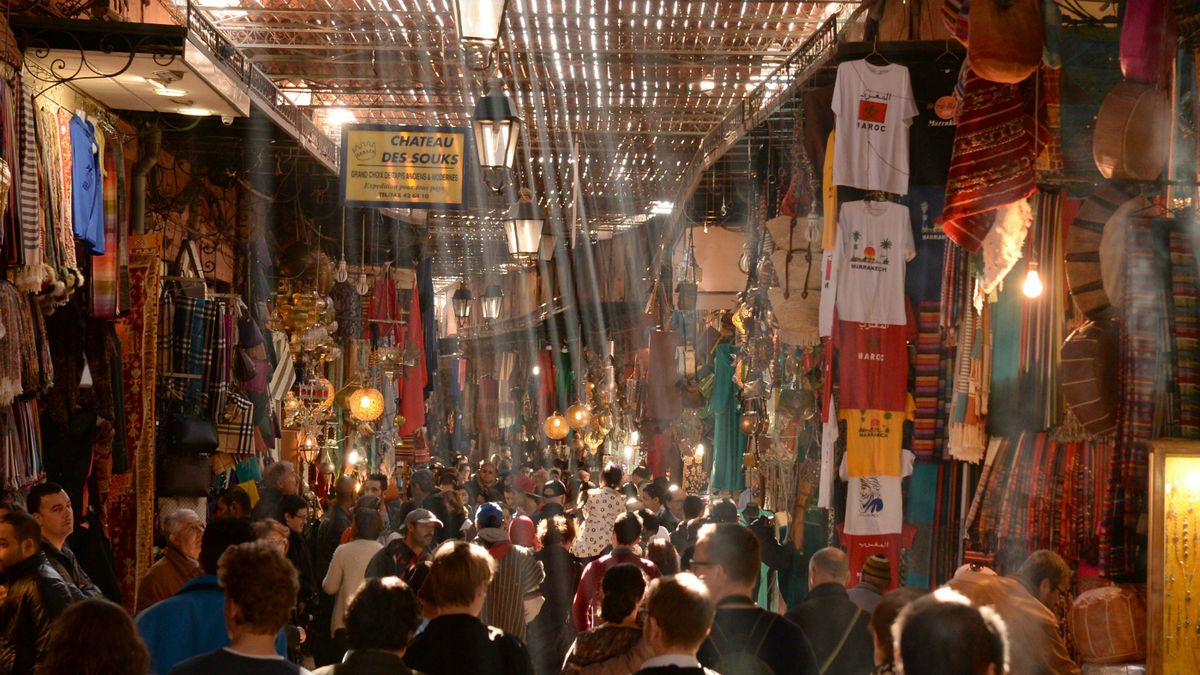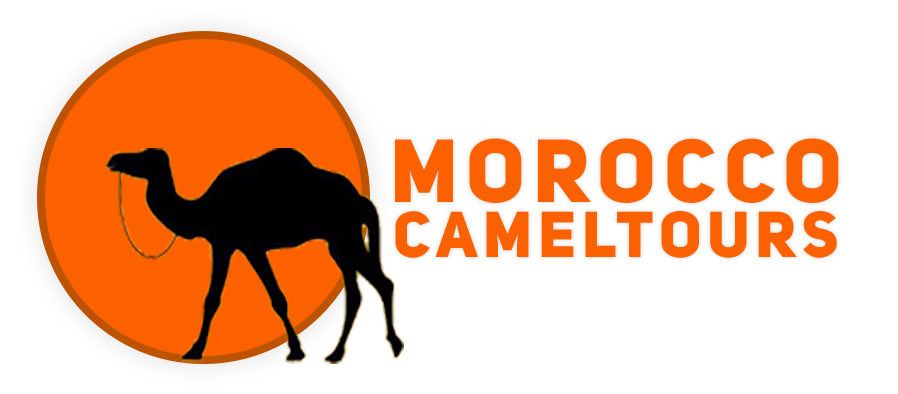Is Morocco Safe to Visit in 2025?
Morocco beckons the intrepid traveler with its dazzling landscapes, rich history, and unforgettable charm. But behind the scenes, there are challenges to face and hidden pitfalls to dodge. While the country is generally safe, those who understand its intricate customs and stay alert will experience a journey like no other.
In recent years, Morocco has experienced a significant increase in foreign visitors, as many tourists seek a distinctive and adventurous travel experience. When visiting a country that offers such opportunities, it’s important to be mindful that aspects like public safety and social norms might differ from what you’re accustomed to.
What to Know about Morocco?
Morocco is a North African kingdom located on the western edge of the continent. It shares borders with Algeria to the east and south, and the Western Sahara territory to the southwest. With a population of nearly 40 million people and a GDP of around $385 billion, Morocco is home to several cities rich in history and culture, including Casablanca, Marrakech, Tangier, Fez, and Rabat.
The country offers a unique fusion of Berber, Arab, and European influences, which is evident in its lively culture, architecture, and cuisine. Tourists flock to Morocco to explore its vibrant souks, where they can find handcrafted goods such as intricate carpets and aromatic spices. Additionally, the country’s varied landscapes provide an adventurous experience for all types of travelers, whether it’s hiking in the High Atlas Mountains or relaxing on the beaches of the Atlantic Ocean.
Morocco’s fascinating history is reflected in its ancient imperial cities, featuring grand palaces and captivating ruins. This combination of cultural richness, natural beauty, and historical intrigue makes Morocco an increasingly popular travel destination. Its proximity to Western Europe also makes it easily accessible for travelers, including those from the United States.

Is Morocco safe to visit?
Popular tourist destinations such as Marrakech, Fes, and Essaouira are generally considered safer than more rural and remote areas like the Atlas Mountains, as they regularly host visitors. However, unique challenges and risks exist throughout the country. As Morocco is a conservative Islamic nation, solo travelers, female travelers, and individuals who identify as LGBTQIA+ may encounter additional challenges. Regardless of who you are, it is important to stay vigilant while traveling in Morocco, understand the potential risks, and be prepared to manage or avoid them.
Safety public places in Morocco
Tourism plays a significant role in Morocco’s economy, and as a result, some locals may target visitors with scams and “tourist traps” that can catch even experienced travelers off guard.
Petty crime, including pickpocketing, is common, especially in busy areas like souks and medinas. To protect your valuables, carry only small amounts of cash, avoid wearing expensive jewelry, and keep money and valuables in easily accessible, secure pockets. When shopping in markets, be prepared for aggressive begging and sales tactics, particularly if vendors know you’re carrying a lot of cash. Aggressive begging is also common near ATMs in tourist areas. It’s also essential to keep your passport and extra cash locked in a hotel safe.
While sightseeing in Morocco’s popular cities, you may encounter individuals claiming to be official tour guides or helpful locals. Be cautious, as many unlicensed guides especially in Fes and Marrakech—may offer to take you to certain places for a fee, often with inflated prices, earning a commission on your purchases. Always research tours in advance, and if approached on the street, be firm and polite in declining. Even if they only follow you for a short distance, some may still demand payment, claiming “no money” but expecting a tip.
Taxis in Morocco can also be a tourist trap. Always agree on a price before starting your journey, as many drivers will attempt to charge higher rates once you reach your destination.

Safety for LGBTQIA+ travellers
Morocco is not considered a safe destination for LGBTQIA+ travelers who wish to openly express their sexuality or gender identity outside of the traditional heterosexual norms. LGBTQIA+ visitors should exercise caution and refrain from even subtle public displays of affection, such as holding hands, to avoid potential risks.
Safety for solo female travellers
In many parts of Morocco, particularly at night, women may feel uncomfortable due to unwanted attention or approaches from locals. Verbal harassment on the streets is unfortunately quite common, and women walking alone—regardless of the time of day—can be more likely to face harassment, including being followed, accosted, or even assaulted. To minimize risk, it’s advisable to travel in groups of three or more and stick to well-lit streets.
Part of Intrepid’s travel philosophy is to respect local cultures and customs. In Morocco, dressing more conservatively than you may be used to is important, especially around religious sites like mosques. It’s recommended to wear clothing that covers the knee and shoulder for daily activities, and to ensure that your attire covers from the elbow to the ankle when visiting mosques. Additionally, covering your hair with a scarf is essential.
Even in private spaces, it’s wise to remain cautious. At your accommodation, always lock your door when inside and avoid being alone in your room with hotel staff. If staff need access to your room, for your safety, ask them to attend to the matter while you’re out or wait at the reception while they perform any cleaning or repairs. Keep track of your valuables and either carry them with you or store them securely in a hotel safe. When leaving the hotel, take a card with you that includes the address and contact details, so you can easily find your way back.

safety tips Morocco 2025
- Travel in small groups when walking or sightseeing, particularly at night.
- Secure your valuables by locking them away.
- Research city tours and rural accommodations in advance.
- Respect local dress codes and cultural customs.
- Avoid drinking tap water.

Conclusion
Morocco offers a rich cultural experience and diverse landscapes that attract travelers from all over the world. While it is generally a safe destination, it is important to remain aware of the country’s unique cultural norms and potential risks. Tourists should be cautious, particularly in crowded areas where scams and petty crime may occur, and be mindful of the challenges faced by solo female travelers and LGBTQIA+ visitors. By respecting local customs, dressing conservatively, and taking basic precautions such as traveling in groups and securing valuables, visitors can enjoy all that Morocco has to offer while staying safe. With thoughtful preparation and respect for its traditions, Morocco can provide a rewarding and unforgettable adventure.


Leave A Comment